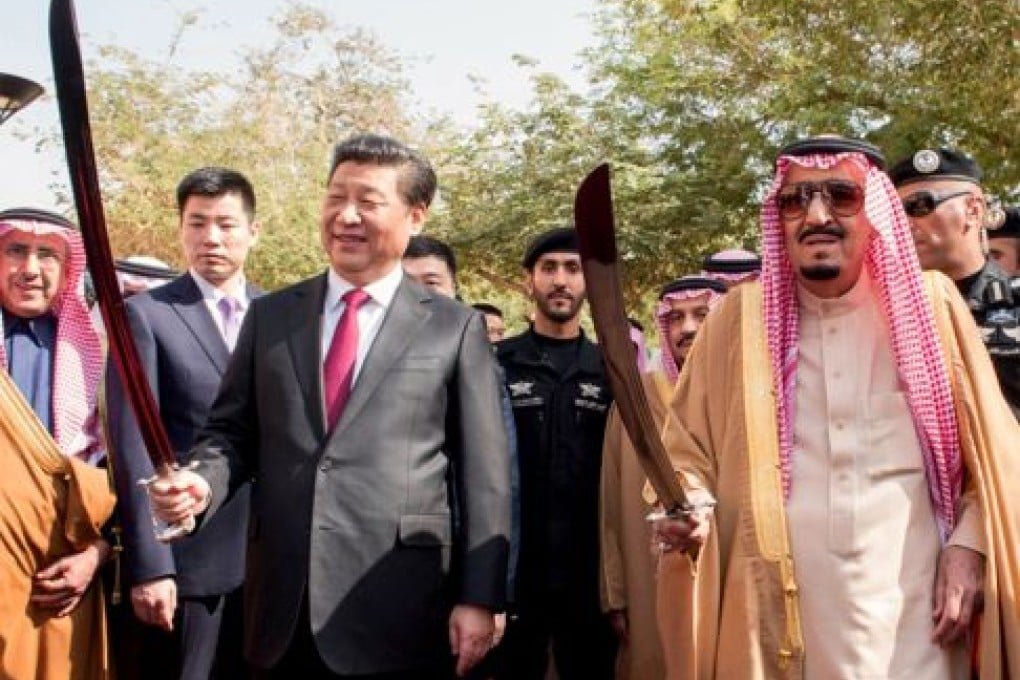China’s hands-off style is winning friends in Iran, Israel, Egypt and beyond
Niv Horesh says Beijing’s non-judgmental foreign policy and its ‘One Belt, One Road’ development initiative are building influence in the developing world



READ MORE: China to help Iran build high-speed rail as part of ‘One Belt, One Road’ strategy
When coupled with what is perceived as growing US energy independence on the back of new drilling in Alaska and the fracking revolution, speculation inevitably arises about possible US divestment from Saudi Arabia, and about the Chinese filling part of the vacuum politically if not militarily in years to come. On the other hand, Islamic State popularity among Sunni Iraqis and Russian air force deployment in Syria complicate America’s choice between divestment and further immersion in the Middle East, and make the Chinese more resolute to avoid getting embroiled.

The Chinese alternative narrative conjures up a harmonious world where big countries do not meddle in their smaller neighbours’ affairs
In essence, the Chinese alternative narrative to Western norms boils down to non-judgmental foreign policy and rural poverty eradication. Rather than focusing on individual freedoms, it conjures up a harmonious world in which diverse religions, cultures and lifestyles can coexist peacefully, and where big countries do not meddle in their smaller neighbours’ affairs. Imperial China is somewhat wishfully cast as such a sophisticated tolerant polity that was administered by war-averse, selfless sage-bureaucrats; where community bonds overrode whimsical individual self-fulfilment, and where ethnic minorities could reach high office on merit.
INFOGRAPHIC: How ‘One Belt, One Road’ will give China’s developing neighbours easier access to Chinese-made products
In Chinese eyes, the American-led world order is rhetorically framed around the sanctity of national sovereignty and universal rights but is, in fact, underpinned by Western exploitative extraction of mineral resources in the developing world, and by dehumanising global military omnipresence. Though the Communist Party elite often send their children to study at Ivy League universities, and might acknowledge in private that the US has proven a more benign power on the world stage than the old-world European colonial powers of the 20th century, suspicion of American motives is as rife as ever in China at the grass roots.
